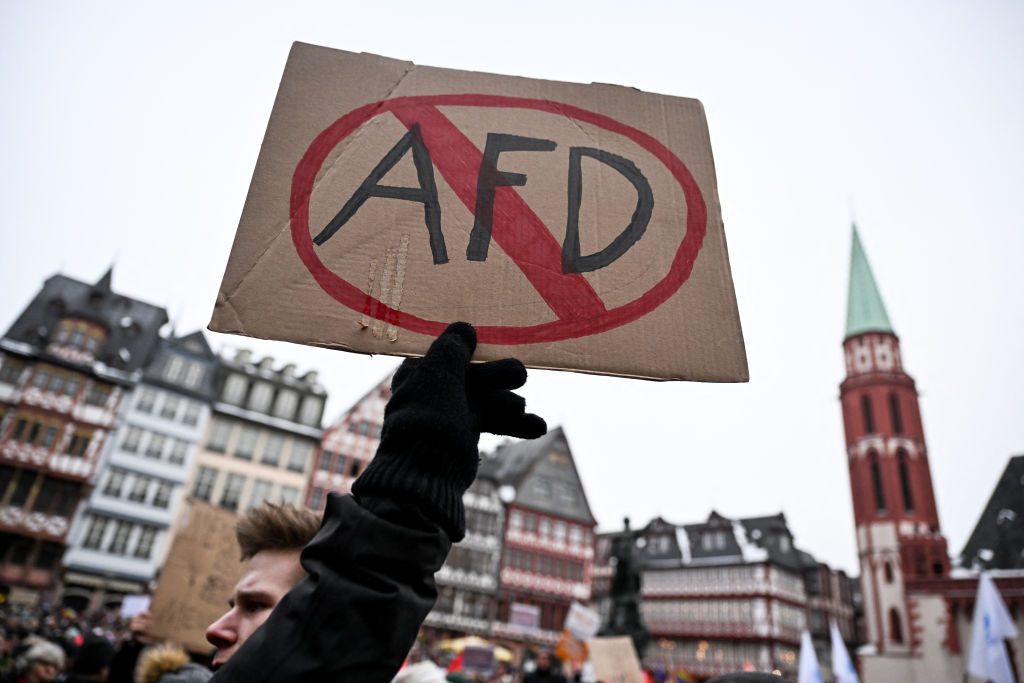In Cologne, a bizarre conspiracy of silence has settled. Only it’s not happening behind closed doors. All of the political parties involved in upcoming local elections, except the anti-immigration AfD, have openly agreed to avoid negative commentary on immigration during their campaigns.
Everyone, from the centre-right Christian Democratic Union (CDU) to the far-Left Die Linke, has signed a “Fairness Agreement”, pledging not to talk about migrants in connection with “negative social developments such as unemployment or threats to domestic security”. This is likely to backfire spectacularly.
Democracy thrives on open debate, especially on polarising issues such as immigration. By effectively imposing a gag on critical voices, the agreement tampers with the democratic process itself, stifling dialogue with superficial silence. Citizens deserve a truthful negotiation of competing policies, not a hastily erected facade that ignores discomfort or disagreement.
This curtailment comes at a high cost, especially in Cologne. The city has not forgotten what happened on New Year’s Eve 2015, when hundreds of women reported sexual assaults by groups described as of Arab or North African appearance near Cologne Cathedral and the central train station. Police admitted later that around half the perpetrators had been in the country for less than a year, and that there was “a connection between the appearance of the phenomenon and large-scale migration, especially in 2015”.
A decade on and mainstream politicians are agreeing not to talk about this connection, not only alienating victims and witnesses of crimes committed by migrants, but also allowing the AfD a monopoly on the political representations of related concerns. Indeed, in the state of North Rhine-Westphalia, where Cologne is located, AfD support is set to triple from just 5% in the last municipal election in 2020 to around 13-16 % now, according to polling.
Meanwhile, the broader democratic ecosystem suffers. Voters, particularly working-class ones, and even long-established migrant-origin communities, are shifting toward the AfD, not because they embrace extremism, but because they feel unheard and abandoned by the political centre. Without legitimate channels to express concerns, cynicism grows and democracy erodes.
To call this silence “fair”, when it abandons one of Germans’ most pressing concerns, seems cynical. It’s a capitulation: a denial of many people’s everyday experiences, fears and frustrations. It validates the smug belief that “politics knows best”, even when public safety and social cohesion are at stake. Fairness demands honest engagement. Problems and conflicts in Cologne, including the horrors of New Year’s Eve 2015, must be acknowledged — not exploited, but confronted openly.
Even if the intention of the agreement was solely political, it would backfire on those terms. By collectively signing the “Fairness Agreement” and singling out the AfD as the only dissenting voice, mainstream parties confirm a huge frustration that has driven so many voters towards the Right in the first place: the idea of a “uniparty” that blocks all change.
Many Germans already feel that all establishment parties, regardless of ideological labels, are essentially the same, offering no genuine choice — especially on immigration. When voters see everyone from across the spectrum agreeing not to criticise immigration policies, despite widespread public concern, it reinforces the perception that no real political alternative exists within the system. The AfD, which deliberately calls itself Alternative for Germany, can then pose as the sole voice of authenticity and resistance. In attempting to isolate the AfD, Cologne’s political establishment is feeding directly into the party’s most effective messaging.
The “Fairness Agreement” is no honour to fairness. It’s yet another sign of how detached the political mainstream has become from voters. Migration is the big issue of our time. If centrists want to remain part of a conversation they can’t stop, they need to pull their heads out of the sand and do what politicians are supposed to do in a functioning democracy: listen to voters.











Join the discussion
Join like minded readers that support our journalism by becoming a paid subscriber
To join the discussion in the comments, become a paid subscriber.
Join like minded readers that support our journalism, read unlimited articles and enjoy other subscriber-only benefits.
Subscribe